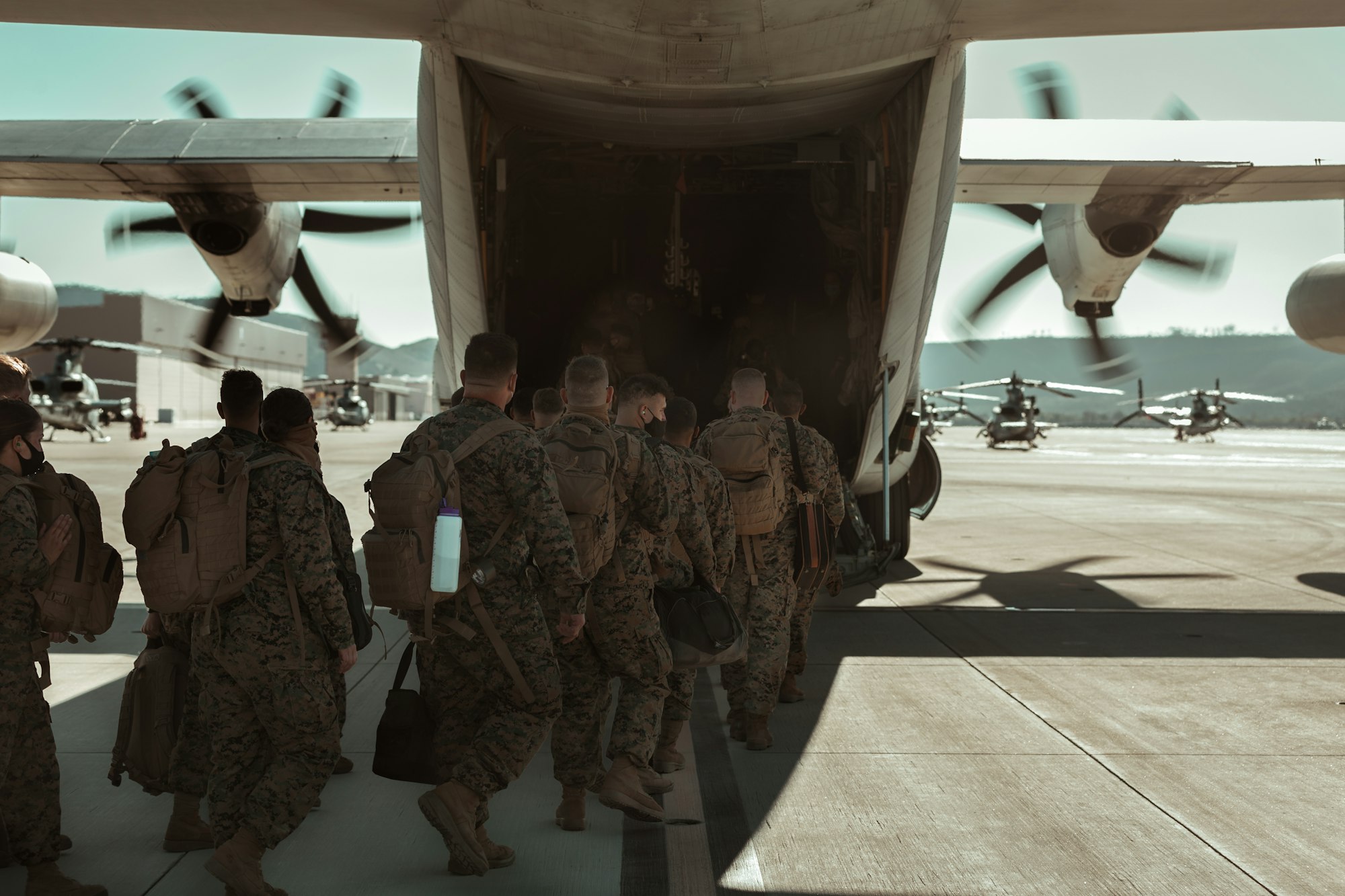The US Strengthening a Rival System Against China in Apac?
The AUKUS came like a surprise to many in the region but after the failed Asia Pivot, Trump's distancing from Asean, a military push was not totally unexpected for some

Western media analysts wonder if China is constructing a rival alliance system in its search for new allies to counter the US.
However, we believe that the real issue is the United States’ attempt to divide the Asian region into pro and anti-Chinese countries.
The Americans have enlisted the Australians in an unlikely nuclear alliance with the AUKUS in order to gain their support. The nuclear alliance between Australia, the United Kingdom, and the United States will undoubtedly counter China’s rise in South East Asia.
True, the United States has a long history of alliances in South and Southeast Asia, but this influence has waned as China has risen as a superpower.
In order to reposition both its political and military interests in Asia, the United States is now attempting some alliances.
It lost the Philippines’ support in the South China Sea, and it lacks the support of countries such as Malaysia and Cambodia in this ongoing conflict.
The Australians were abandoning Washington in favour of Chinese investment and other promises.
But, in the meantime, the US has benefited from its alliance with India, a country that has its feet in BRICS (Brazil, Russia, China and South Africa).
The Chinese do not lack allies. They have the support of the Shanghai Cooperation Organization, also known as the Shanghai Five, which includes Kazakhstan, Kyrgyzstan, Russia, and Tajikistan.
Recently, Seoul demonstrated that it is not entirely allied with the Americans, who have given preference to the Japanese over the South Koreans. They appear to require South Korea’s help only when they want to discuss or threaten the North Koreans.
Nonetheless, the Americans retain the upper hand in the Quadrilateral Security Dialogue, with India, Australia, and Japan on their side.
There are numerous alliances and security dialogues in the Asia-Pacific region in which both the United States and China compete for allies and influence.
Whether or not the old alliances between the United States and Asian nations, remnants of World War II, will hold up in the face of China’s rapid rise, or will they simply be ineffective?
We believe China will make that decision.
The way China handles the South China Sea conflict will determine whether or not it retains its new allies in the region. This is part of China’s effort to alter the world and the rules of international relations.
China possesses all of the necessary assets (cheap labour, low-cost exports, rapid technological development, and a large amount of cash) to increase its support in Asia.
The Americans are stretched thin and are resorting to old-fashioned carrot and stick tactics to keep their allies on their side. It lacks the money that China has to throw around, and Washington lacks the commercial ability to dominate China in Asian markets.
We know that President Joe Biden’s administration has prioritised its old allies in its Asia strategy.
In its first year, the administration has bolstered long-standing alliances such as those with Japan and South Korea while also putting significant effort into strengthening multilateral partnerships such as the Quadrilateral Security Dialogue (with Australia, India, and Japan) and the newly formed AUKUS pact.
To assist the Americans, NATO is strengthening ties with its four Asia-Pacific partners: Australia, Japan, the Republic of Korea, and New Zealand.
According to Nato, in today’s complex security environment, relationships with like-minded partners around the world are becoming increasingly important in addressing cross-cutting security issues and global challenges, as well as defending the rules-based international order.
In the end, it is up to China to demonstrate that it is maturing into a true superpower rather than just another bully willing to do anything to seize territories, waterways, or commercial spaces.

